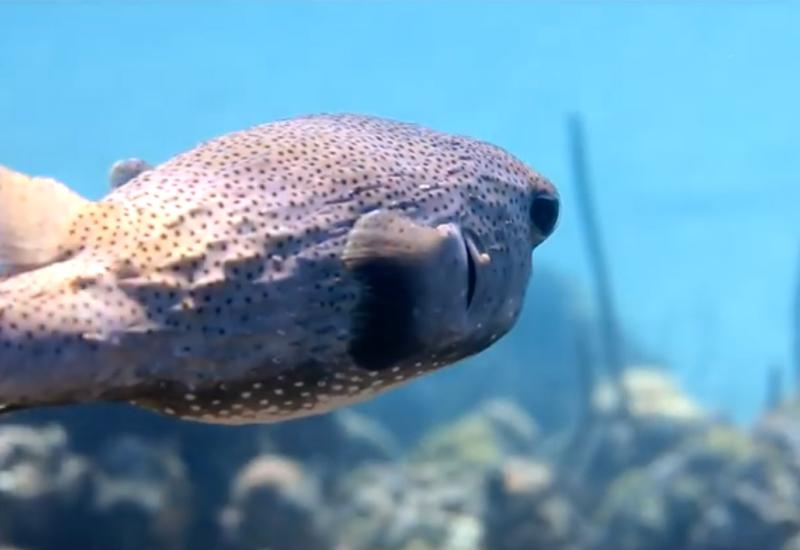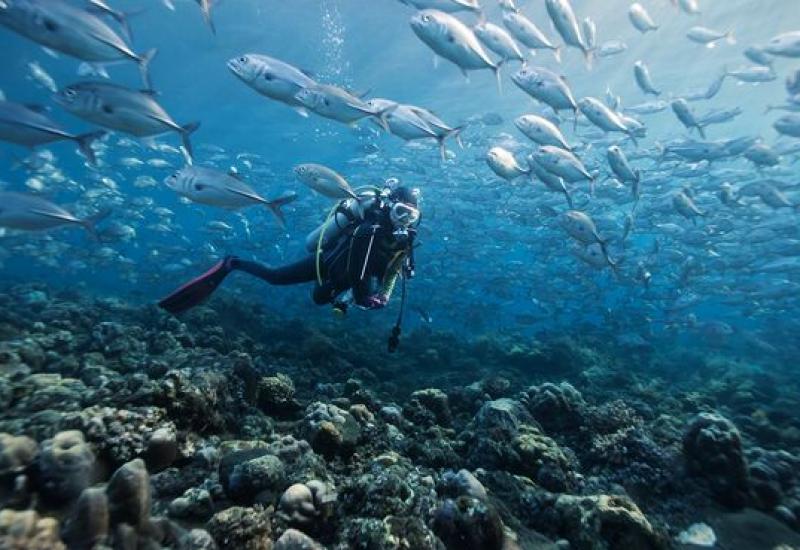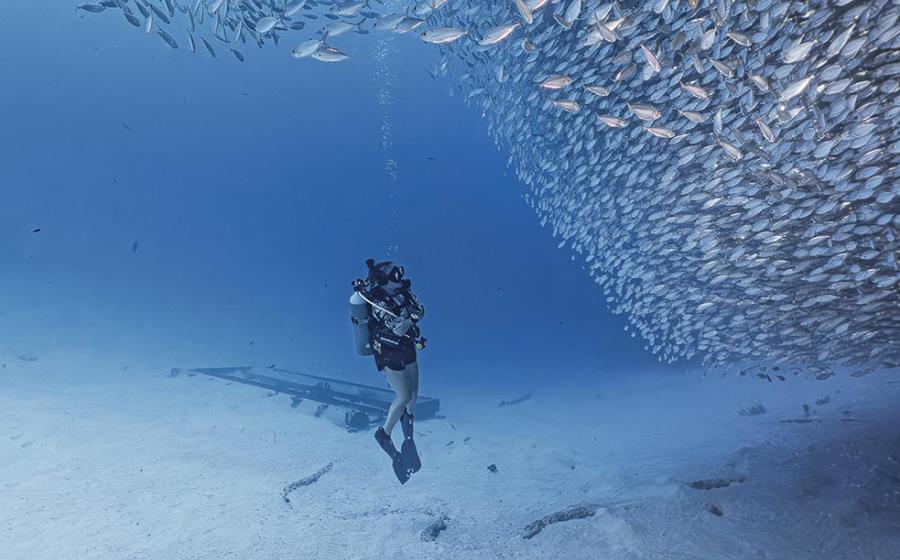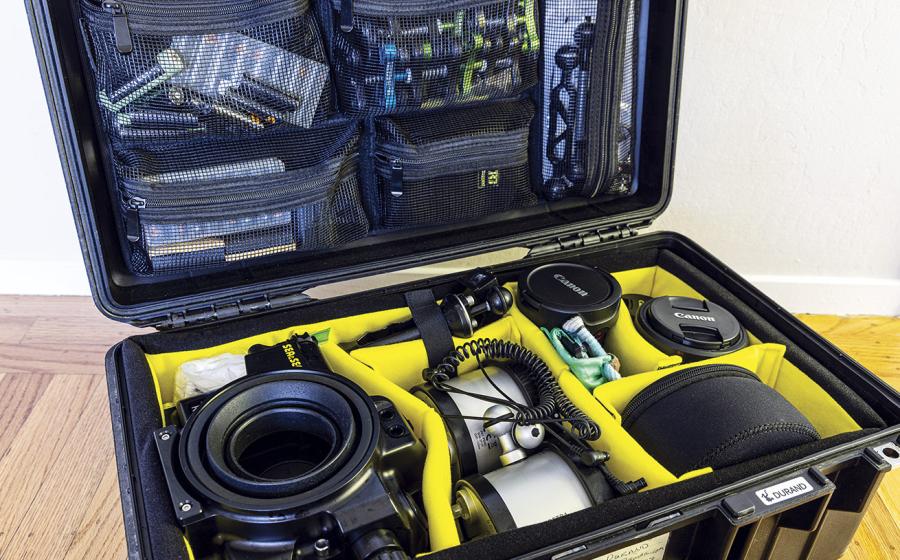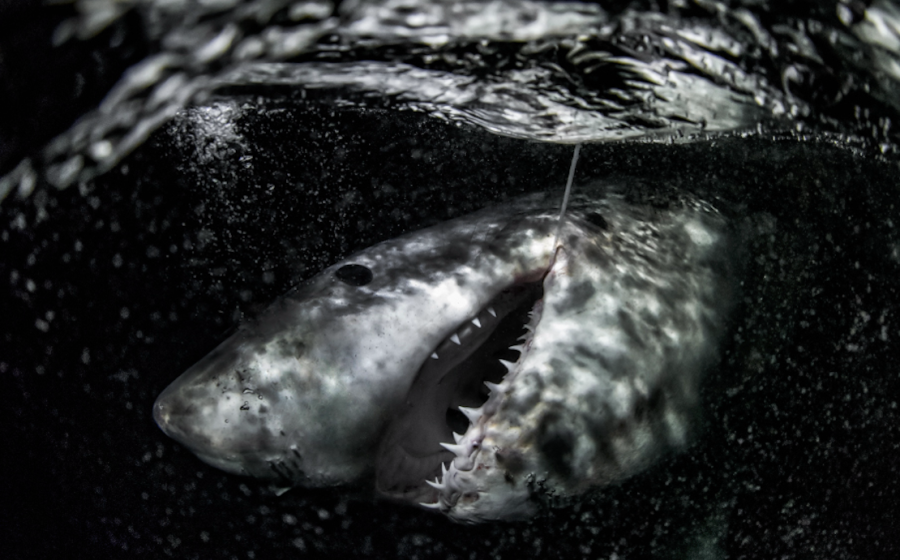How to Know When You Can Dive With a Cold
The experts at Divers Alert Network get this question often: Can I dive when I’ve got a head cold? If your nose is leaking like Old Faithful, and you’re sneezing like there are 1,000 cats in the room, the answer is cut-and-dried: nope.
“A cold causes congestion of upper respiratory pathways, which may block Eustachian tubes and sinus openings,” says Dr. Petar Denoble, of Divers Alert Network. “This prevents the equalization of pressure in the middle ears and sinuses.”
Related Reading: How to Dive Safely in Cold Water
The inner workings of the flaps on either side of your head consist of delicate structures that can suffer irreparable harm if you ignore Denoble’s advice. When you can’t clear your ears while descending, you risk middle-ear or inner-ear barotrauma; you could suffer a reverse squeeze during the ascent.
And if you’re planning to take over-the-counter drugs such as Sudafed, Dimetapp and Afrin to relieve your head-cold symptoms, you should know the potential dangers they pose for divers. These decongestants shrink inflamed membranes that line your nose and sinuses. While they can be taken safely and effectively if you’re on a vacation to see the Eiffel Tower in Paris or visit Maya ruins in Mexico, some people experience an increased heart rate, and some score higher on anxiety tests after taking these drugs, neither of which you want to have underwater. But what if your head cold is fairly mild? As long as your symptoms aren’t serious (see Make a Go/No-Go Decision, right), you probably don’t have to abort your dive over a case of the sniffles.

Alexander Wells/Folioart.co.uk“If at any point you can’t equalize your ears or sinuses, end your dive and try again the next day.”
On the Way Down
If you determine that your symptoms are mild enough to dive or you’ve recovered sufficiently from a head cold, “make sure to descend slowly,” says Jo Mikutowicz, managing partner of Divetech on Grand Cayman. “Equalize early and often, before you feel any pressure on your ears or sinuses.”
Liz Parkinson, an instructor with Start Cove’s Dive Bahamas, recommends that you “descend feet first and use a fixed descent or anchor line so you can be in better control” of your descent rate. And “be disciplined about your depth.
Monitor your computer or depth gauge and stay at a consistent depth — that will help take off the pressure on your ears and sinuses.” If these tips don’t work, it’s time to admit that you’re not ready for anything more than floating on an inflatable raft in the resort’s pool. “If at any point you can’t equalize your ears or sinuses,” says Mikutowicz, “end your dive and try again the next day.” As frustrating as it is to sit out the dives on a dream vacation you’ve been planning for months, the damage you can cause to your ears, which could include permanent hearing loss, is just not worth it.
Related Reading: How Do I Stay Comfortable in Cold Water?
On the Way Up
You’re not out of the woods once you’ve completed your dive. If your Eustachian tubes are blocked with mucus at depth — because you didn’t equalize properly when you descended or the decongestants on which you relied have worn off — middle-ear or inner-ear barotrauma is in play. And it can be very painful.
“If you experience a reverse block on the way up, stop your ascent and let the air work its way out slowly,” advises Mikutowicz. “Continue your ascent gradually to make sure you don’t damage your ears.”
If you do injure your ears, they’ll need to heal fully before you can dive again. Ignore the injury, and you risk long-term consequences, says Denoble.
What About Allergies?
Hay fever — or allergic rhinitis — may be due to pollen or mites or other things found in dust. Your symptoms can be just like a severe head cold — runny nose, sneezing, coughing and fatigue. If you are suffering from an acute episode due to hay fever, the recommendation is the same as a head cold, and you should not dive. However, says DAN’s Denoble: “If your symptoms are controlled by medications and you can easily equalize, you should be able to dive. You should make your decision based on consultation with your physician.”
When Can You Dive After a Head Cold?
Once you feel fine, you should also be fine to return to diving. But, Denoble warns, “if you’ve had a high fever and spent a few days in bed, wait to dive until you’re fit enough for physical activity once again.”



